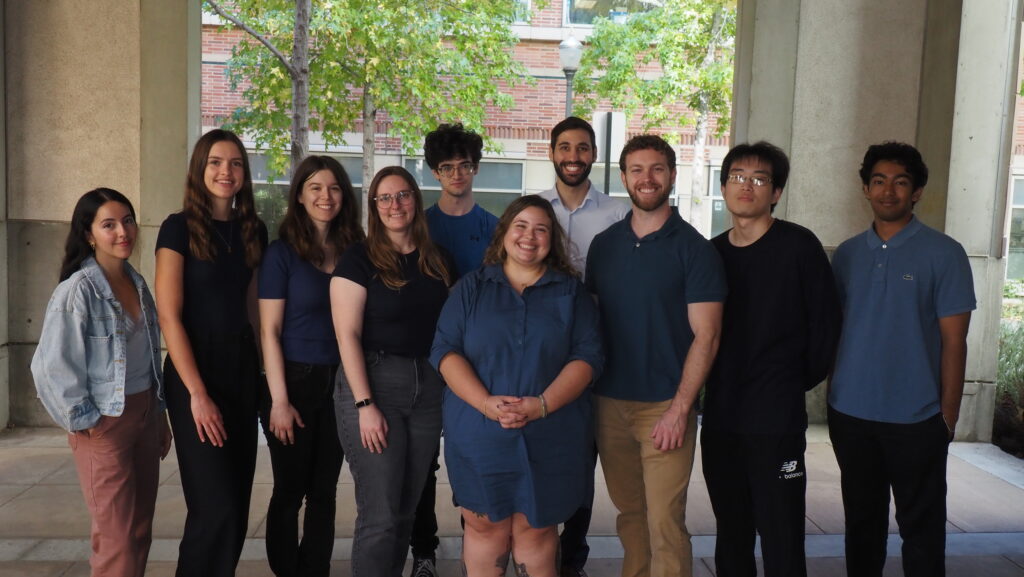Spatial regulation of metabolism

Metabolism is the series of fundamental chemical reactions all cells do to ensure cell growth, division, and survival. Metabolism must be precisely and accurately regulated for proper cell function and fate.
How do cells regulate metabolism with distinct spatial and temporal resolution? How are different pools of metabolites regulated and “talk” to each other? How do signaling networks regulate metabolic dynamics? How do diseases like fatty liver and cancer impact compartmentalized regulation of metabolism?
To answer these questions, the Schmitt Lab develops genetically encoded biosensors and manipulators for metabolites. We not only develop these tools, but pioneer their use to study metabolic dynamics in real-time and uncover how the cell precisely coordinates and regulates metabolism.
Biosensors enable the real-time measurement of cellular processes with high spatial and temporal resolution. Through protein engineering and directed evolution, we develop biosensors to measure the dynamics of metabolites like glutamine, methionine, s-adenosylmethionine, and malonyl-CoA.
Genetically encoded manipulators of metabolism are engineered enzymes that selectively perturb metabolism. These “scalpel-like” tools result in precise manipulation to dissect mechanisms of disease development and progression.
By both producing and using these tools, we are uncovering new mechanisms for the regulation of metabolism in health and disease. Check out our recent publications to learn more.